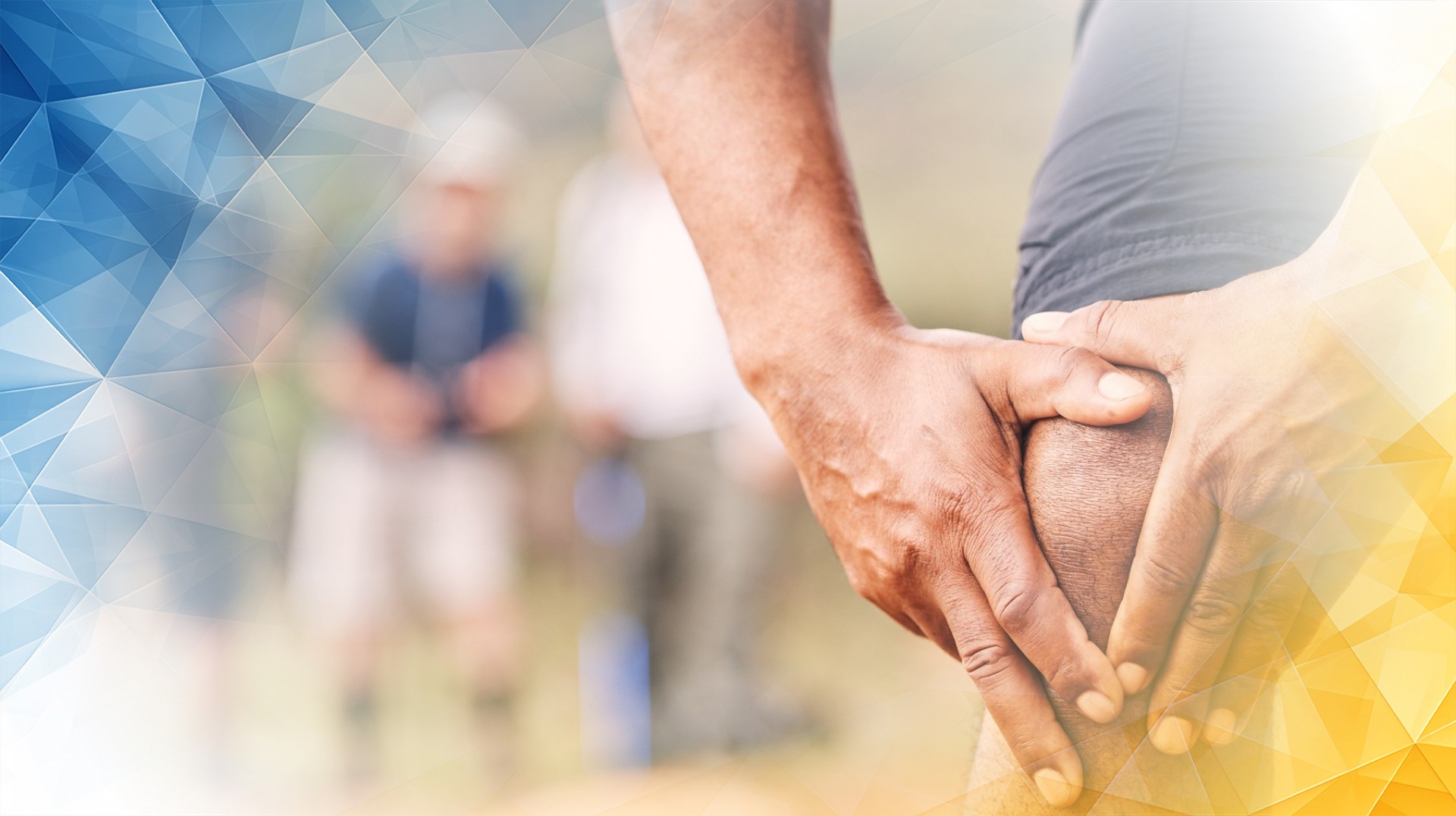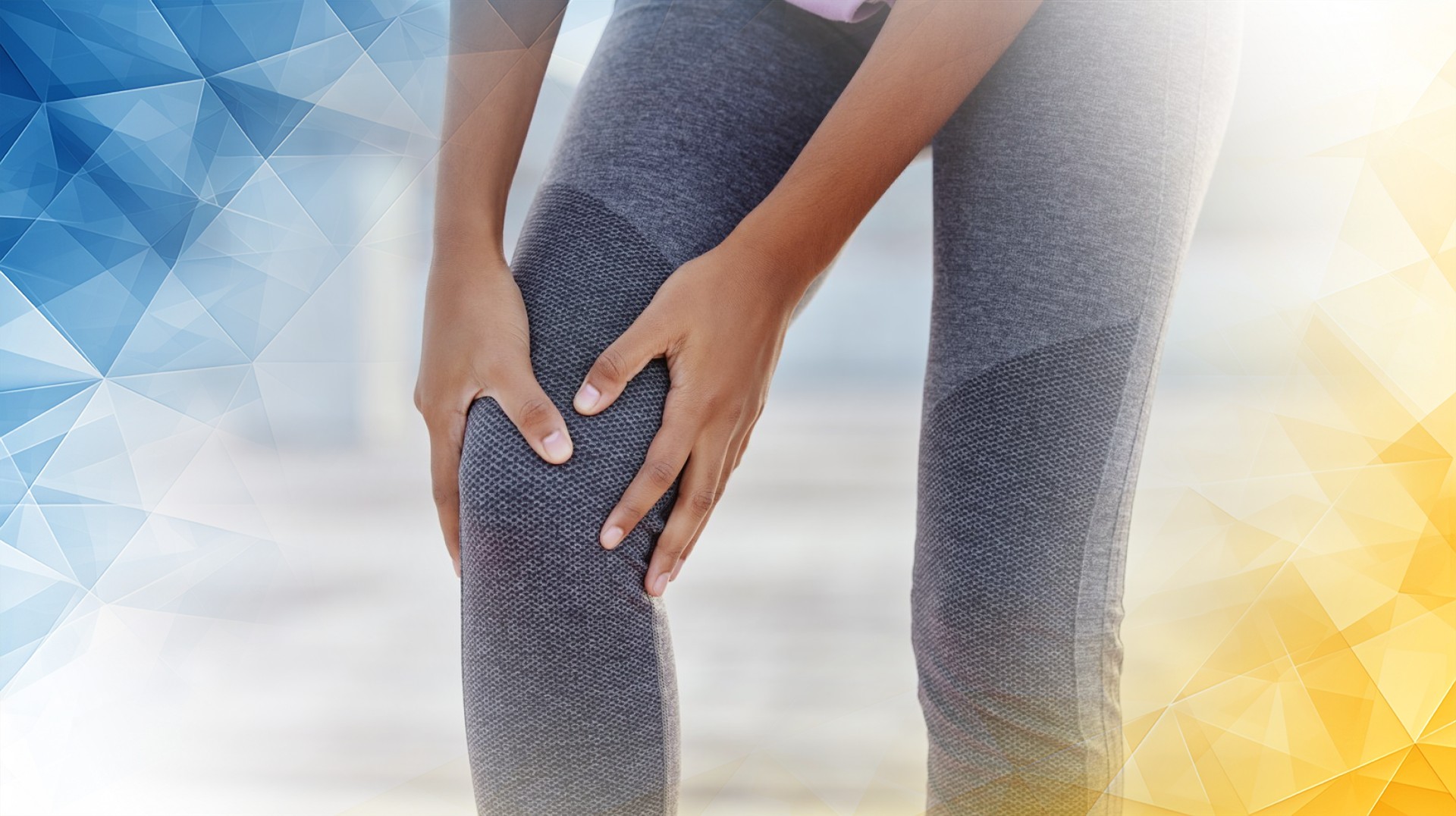



Knee cartilage plays a vital role in our joints, allowing for smooth movement and acting as a cushion between bones when we walk, run, or jump. If this cartilage becomes damaged—either through injury or simple wear and tear—it can lead to pain and limit your ability to move comfortably. This brings up a common and important question: Can knee cartilage regrow on its own, without surgery? In this article, we’ll break down how knee cartilage works, what science says about its ability to heal, and some natural ways to support joint health. With advances in research and some practical tips, there is hope for those looking to protect or restore their knee cartilage naturally.
Knee cartilage is a smooth, rubbery tissue that covers the ends of the bones in your knee joint . Its main job is to reduce friction and absorb shock, helping your knee move smoothly and painlessly. However, cartilage is unique in that it doesn’t have its own blood supply. Instead, it relies on nutrients moving slowly through the surrounding joint fluid. This lack of direct nourishment makes cartilage injury especially hard to heal.
Because of these limitations, cartilage heals much more slowly than other tissues like skin or muscle. When injuries do happen, doctors often turn to procedures like autologous chondrocyte implantation (where your own cartilage cells are grown outside your body and then reimplanted) or microfracture surgery , which stimulates the bone to help grow new repair tissue. While these treatments can be effective, they are invasive and don’t always restore cartilage to its full original strength or smoothness.
The specialized cells in cartilage, called chondrocytes, have a limited ability to multiply and regenerate new tissue naturally. So, while some healing is possible, it’s usually slow and incomplete. Understanding these challenges helps us explore how science might encourage the body’s own repair processes.
Recent improvements in imaging technology, such as the use of sonography (ultrasound), now allow doctors to measure cartilage thickness and detect early changes caused by arthritis or injury. This makes it easier to monitor joint health and spot cartilage issues sooner.
Cartilage injuries can be particularly difficult for athletes. Because of the poor natural healing capacity of cartilage, these injuries can sometimes threaten athletic careers, underlining just how challenging cartilage repair can be—even for people in peak physical condition.
Thanks to advancements in medical imaging and cell biology, scientists have learned a lot about cartilage and its potential for healing. MRI and ultrasound scans are now widely used to track cartilage health , measure its thickness, and watch how it changes over time. This is valuable not only for diagnosing damage, but also for evaluating which treatments are working.
On the cutting edge, researchers are experimenting with ways to boost the body’s natural repair mechanisms . Approaches include using growth factors (proteins that help cells grow and heal), mesenchymal stem cells (which can transform into cartilage cells), and innovative treatments like gene-activated matrices that aim to kick-start regeneration right where it’s needed.
Other emerging treatments include autologous chondrocyte implantation , matrix-induced cartilage repair , osteochondral grafts, biological scaffolds, platelet-rich plasma (PRP), and even implants coated with stem cells. While many of these methods are still being tested and studied, early results are promising, giving hope to those looking for alternatives to traditional surgery.
Despite this progress, recovery can still take time—and it’s not guaranteed to restore cartilage completely, especially for competitive athletes. Some surgeries have shown “fair to good” rates for returning to sport, but long-term data is still limited.
While advanced treatments continue to develop, there are also natural ways to help maintain healthy cartilage and possibly support its repair. Nutritional supplements are a popular option, with ingredients like glucosamine, chondroitin, vitamin C, and collagen peptides often singled out for their potential to provide building blocks that cartilage needs .
Exercise is equally important. Low-impact activities such as swimming, cycling, or targeted strengthening exercises can help the muscles around the knee provide better support and stability while encouraging healthy blood flow—factors that create a better environment for the joint. Eating an anti- inflammatory diet and exploring some herbal remedies may help reduce pain and swelling, making it easier to stay active.
These approaches may not fully replace surgical intervention when cartilage damage is severe, but they offer valuable, accessible strategies to support knee health and potentially enhance the body’s own repair capabilities.
Non-invasive imaging, like ultrasound, is also making natural joint care easier by helping doctors track early changes in cartilage and monitor healing over time—catching problems before they become severe.
Rehabilitation after cartilage injury or surgery is a crucial step in regaining movement and function. Quality rehab programs—often involving physical therapy —help ensure the best possible outcome, further illustrating how both medical and lifestyle approaches can work together.
To sum up, knee cartilage doesn’t heal as quickly or completely as many other tissues, mainly due to its unique structure and limited blood supply. However, scientific advances are offering new hope, with promising approaches that combine the body’s natural repair abilities with innovative medical treatments.
At the same time, simple, everyday choices—like eating a balanced diet, taking the right supplements, staying active with joint-friendly exercises, and following a good rehab program—can go a long way toward supporting your knees and protecting your cartilage.
As research continues, clearer answers and better treatments are on the horizon for those hoping to preserve or restore knee cartilage naturally . For now, focusing on healthy habits and consulting your healthcare provider when needed is the best way to keep your joints strong and keep moving confidently.
Aisen, A. M., McCune, W. J., Macguire, A., Carson, P. L., Silver, T. M., Jafri, S., & Martel, W. (1984). Sonographic evaluation of the cartilage of the knee. Radiology, 153(3), 781-784. https://doi.org/10.1148/radiology.153.3.6387794
Rodríguez‐Merchán, E. C. (2012). Regeneration of articular cartilage of the knee. Rheumatology International, 33(4), 837-845. https://doi.org/10.1007/s00296-012-2601-3
Brophy, R. H. (2013). Articular Cartilage Repair of the Knee in Athletes. In (pp. 241-252). Springer London.
Knee cartilage has a very limited ability to heal by itself due to its lack of blood supply. While some minor improvements are possible naturally, complete healing is uncommon. For those looking to optimise outcomes, the London Cartilage Clinic offers advanced treatment options and professional guidance under the expertise of Prof Lee.
London Cartilage Clinic stands out for its modern technology, comprehensive care, and the renowned expertise of Prof Lee. Prof Lee brings years of experience in innovative cartilage repair methods, providing patients with access to personalised treatment strategies in a world-class clinical setting in London.
Emerging options include the use of mesenchymal stem cells, growth factors, gene-activated treatments, and biological scaffolds. The London Cartilage Clinic offers consultations on these innovative therapies, guided by Prof Lee, who is experienced in selecting the most suitable evidence-based interventions for individual patient needs.
Natural approaches such as low-impact exercise, maintaining a healthy diet, and using nutritional supplements like glucosamine and collagen can offer joint support. At London Cartilage Clinic, Prof Lee tailors recommendations based on each patient’s situation, integrating clinical expertise with holistic care for the best possible knee health.
Prof Lee is highly regarded for his experience in cartilage biology, advanced imaging, and innovative treatments. Patients benefit from his commitment to personalised care and up-to-date knowledge, ensuring that every patient at London Cartilage Clinic receives the highest standard of diagnosis, monitoring, and treatment for knee cartilage conditions.
All our treatments are selected to help patients achieve the best possible outcomes and return to the quality of life they deserve. Get in touch if you have any questions.
At London Cartilage Clinic, we are constantly staying up-to-date on the latest treatment options for knee injuries and ongoing knee health issues. As a result, our patients have access to the best equipment, techniques, and expertise in the field, whether it’s for cartilage repair, regeneration, or replacement.
For the best in patient care and cartilage knowledge, contact London Cartilage Clinic today.
At London Cartilage Clinic, our team has spent years gaining an in-depth understanding of human biology and the skills necessary to provide a wide range of cartilage treatments. It’s our mission to administer comprehensive care through innovative solutions targeted at key areas, including cartilage injuries. During an initial consultation, one of our medical professionals will establish which path forward is best for you.
Contact us if you have any questions about the various treatment methods on offer.
Legal & Medical Disclaimer
This article is written by an independent contributor and reflects their own views and experience, not necessarily those of londoncartilage.com. It is provided for general information and education only and does not constitute medical advice, diagnosis, or treatment.
Always seek personalised advice from a qualified healthcare professional before making decisions about your health. londoncartilage.com accepts no responsibility for errors, omissions, third-party content, or any loss, damage, or injury arising from reliance on this material. If you believe this article contains inaccurate or infringing content, please contact us at [email protected].